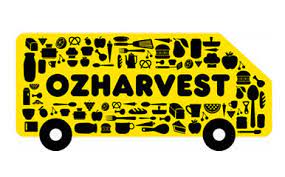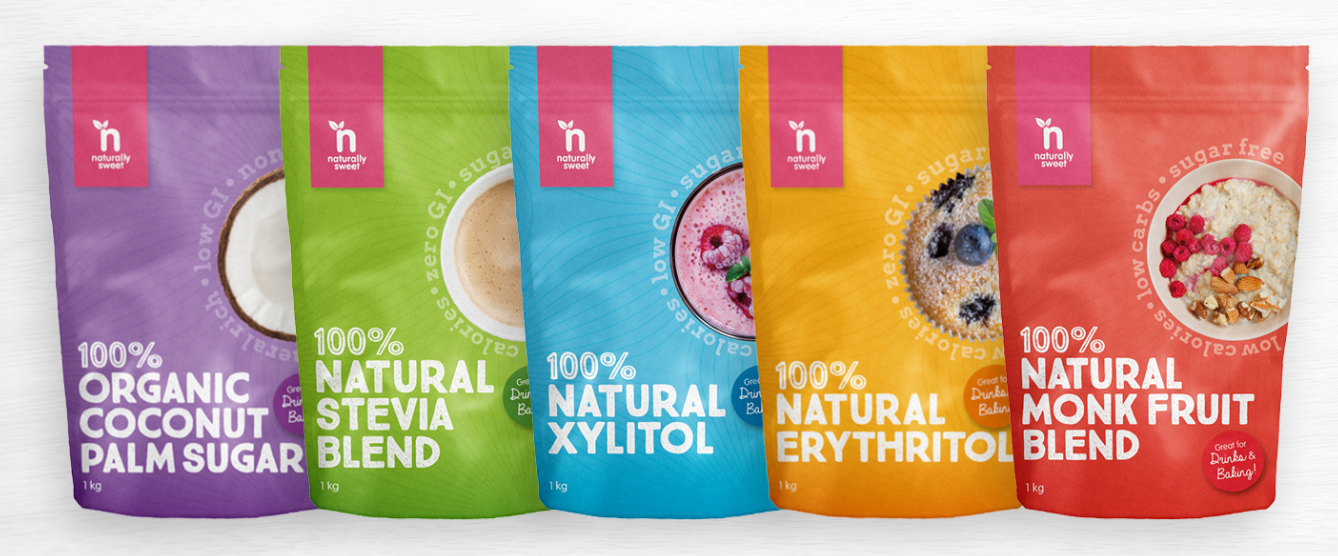Artificial sweeteners are designed to cut down on calories, control weight, and manage chronic conditions such as diabetes. The operative word here is “artificial” and it is used in conjunction with sweetener to let us know that food ‘technicians” have worked on changing a few things here and there in the molecular chain of sweetness. In the world of the “technicians”, this is known as “synthesizing” and it allows people to make a lot of money when they get things right, because they are allowed to patent the new molecular construct. I needed to say it because that operative word I mentioned is actually an oxy-moron in the case of Stevia. You see, Stevia is processed from plants and herbs without synthesis. Therefore it could be argued that Stevia is perhaps the most natural sugar alternative, but should never be referred to as an artificial sweetener. Stevia is natural and its leaves have been in use for the last 400 years by the indigenous population of Paraguay, where in 1899, Swiss botanist Moises Santiago Bertoni first described the plant in detail. For those of you with a penchant for historical dates, the molecules (glycosides) that make Stevia sweet were isolated in 1931 and found to be 250 to 300 times sweeter than sucrose (“table sugar”). Stevia is one of the only sweeteners with no side effects and is a fine sugar substitute for those suffering from diabetes, as well as those people who are very calorie conscious. It should simply be referred to as natures “healthy sugar”, but I find this distasteful (pun intended). Let’s just say that Stevia is nature’s healthy sweetener and its opposite – sugar, is simply the sweetener that is, well, unhealthy. No matter how you refer to it, Stevia is now approved as a “sugar replacement” by Food Standards Australia and New Zealand, and many other countries around the globe, as opposed to being relegated to its previous category as a dietary supplement. It is now in a multitude of products ranging from soft drinks to gum. Globally, it is also now recognized as a safe sugar alternative, with nil calories and no known side effects, although the only thing holding up a “Buy Stevia” campaign in Europe is the finalization of Stevia’s acceptable daily intake quantities, by the EFSA. So should we brand it Stevia Sweetener, Stevia Extract, or generically label it as “healthy sugar” or “sugar alternative”? The only thing I am certain of is that Stevia is a good thing and as far as your health goes, it’s a sweet deal. We should all say, “Buy Stevia”.\n



